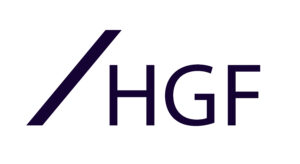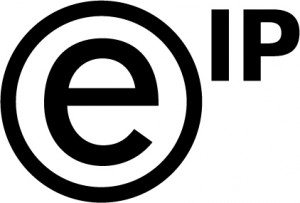Why did you choose a job in this profession?
I started considering my career options in the final year of my PhD. I knew that I did not want to stay in academia because the idea of working in a specific narrow field for the rest of my career did not appeal to me. On the one hand, I wanted a job involving science, about which I have always been very passionate and, on the other hand, I wanted a career that I knew would stretch me and provide a completely new avenue of endeavour.
I was first introduced to the profession through a careers talk organised by the university. I immediately realised that working as a patent attorney ticks all the boxes for me. It involves a great deal of science and cutting-edge technology whilst, at the same time, it involves law which was new and attractive to me. In simple terms, the profession is the interface between science and law.
I was excited by the idea of being exposed to a large variety of subject matter. That was exactly what I was looking for.
What are your main duties?
Broadly speaking, the role of a patent attorney includes meeting with clients and advising them about their intellectual property rights (patents, trade marks, designs, copyright). Maximising the exploitation of those IP rights allows the rights holder to gain competitive advantage and to make more money than they would have done.
My work is mainly focused on the preparation of patent applications and with the process of getting the patent granted (which we call ‘prosecution’). The prosecution involves receiving search and examination reports from an Examiner, who assesses the patent-ability of an invention, reviewing the Examiner’s arguments and objections, advising the client on how to overcome the Examiner’s objections whilst also obtaining maximum protection and finally preparing and sending a response to the Patent Office.
I have particularly enjoyed learning about clients’ inventions and the commercial background in which they sit and then preparing the patent application. Preparation of a patent application includes drafting a detailed description of the invention in precise terms and a set of claims which determine the scope of protection conferred by a patent.
I work on cases from the entire range of client businesses (from SMEs to multinational clients) in a broad range of scientific and technical fields. In one hour, I may be reviewing documents about a sophisticated telecommunication technology and in the next hour, I may be working on a case about improving the efficiency of a car. The job involves constant learning and analysis of new scientific and technology.
What skills are useful in this profession?
Good written and oral communication skills are the most important as efficient and clear communication is crucial for every task and duty of a patent attorney. This is important whether getting instruction from a client for a new invention, drafting a patent or constructing coherent and clear arguments against an Examiner’s objections.
Time management skills also come high on the list as managing your time efficiently to minimise costs for the client and being able to prioritise well variety of tasks to meet deadlines is challenging.
It is also important to have a good understanding of scientific and technological principles in order to identify inventions within your field of expertise and to allow you to assess the novelty and inventiveness of the invention over the current state of the industry.
Meticulous attention to details is also a key skill because the smallest detail and difference can have huge implications in defending and negotiating a patent application or a potential infringement.
Is it a 9-5 job?
As a trainee you are generally not expected to work outside 9 to 5. However, to become a qualified UK and European patent attorney you must take several exams both at the UK and European level. The knowledge and the skills needed to pass these qualifying exams require a great deal of preparation and revision of both patent law and day-to-day attorney skills which are very likely to take significant time to master. Therefore, working outside of working hours will be needed. However, one of the great advantages of working in a large firm like HGF is having access to a lot of training material and training support within the firm. HGF also have an additional allocated training budget for each trainee that can be used to take external training courses.
Do you have any advice for anyone wanting to get into the industry?
The job market for trainee patent attorneys is highly competitive and one might expect to receive one or more rejections before being offered a job, so my first advice is to be persistent.
Secondly, having a good understanding of the role of a patent attorney and the profession as a whole is crucial in making a strong application and subsequently greatly increasing the chances of advancing through the stages of an application process. I personally found talking to trainees or firm representatives at careers events highly useful.







